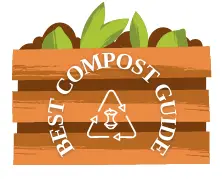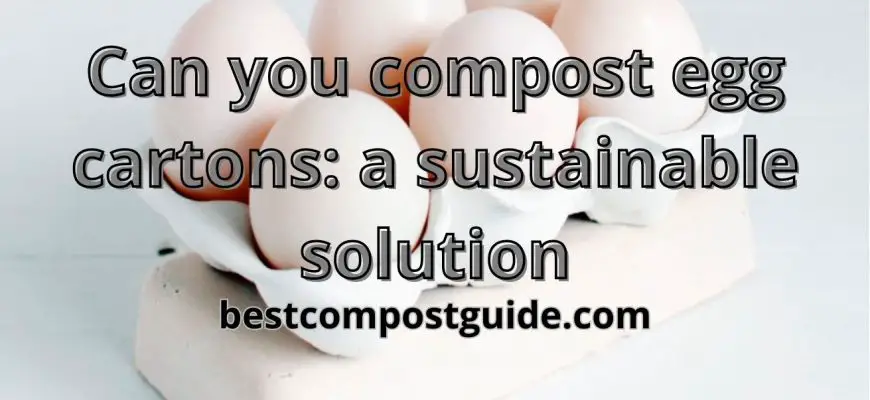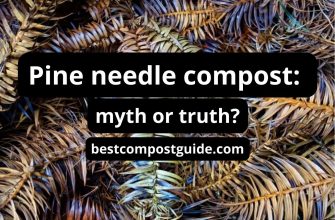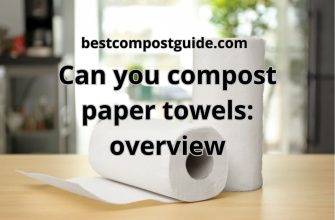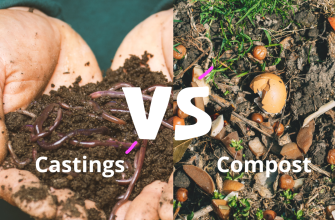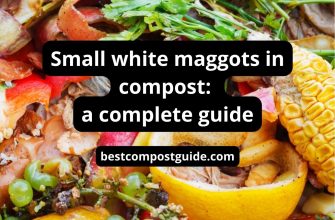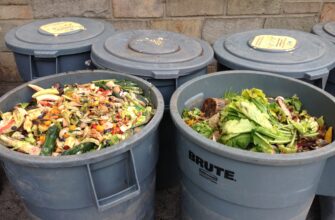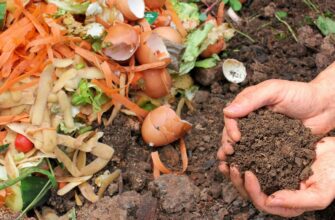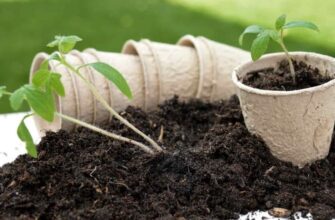Can you compost egg cartons? In today’s world, where environmental sustainability is of utmost importance, finding innovative ways to reduce waste is crucial. One such solution gaining popularity is the use of compostable egg cartons and composing them.
This article explores the concept of composting egg cartons, their benefits, and how they contribute to a more sustainable future.
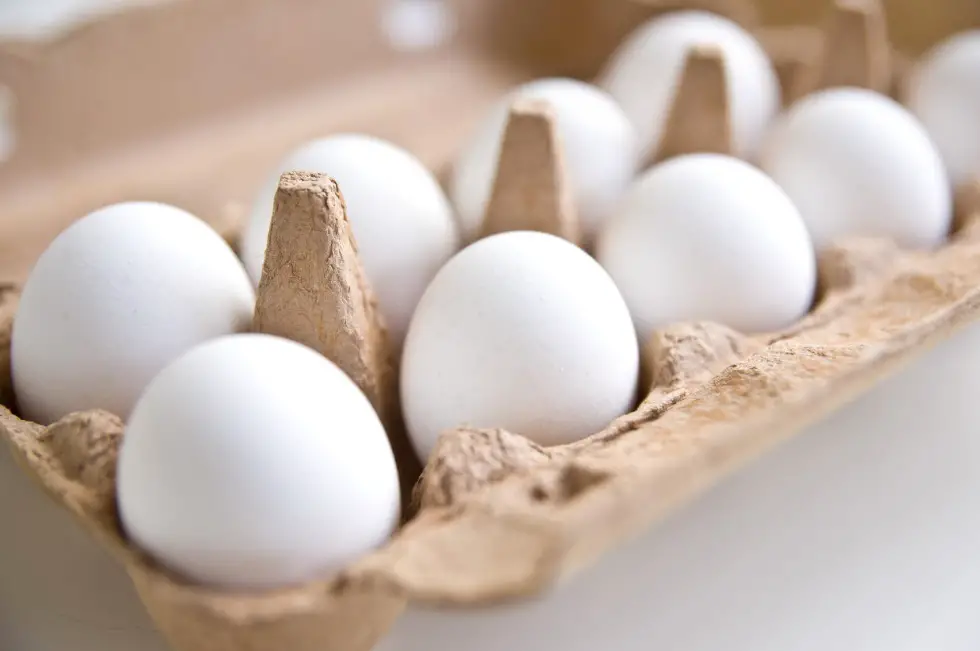
- The advantages of a compost egg carton
- Are paper egg cartons biodegradable?
- Are cardboard egg cartons recyclable?
- Are plastic egg containers recyclable?
- How to compost old egg cartons
- Compost egg cartons vs. traditional cartons
- FAQ
- Can I compost colored egg cartons?
- Are egg cartons green or brown compost?
- Can you put egg cartons in the recycle bin?
- Why are egg cartons not recyclable?
- Conclusion
The advantages of a compost egg carton
Biodegradability. Egg cartons are typically made from recycled paper pulp, which is a biodegradable material.
Unlike plastic or foam cartons, which can take hundreds of years to decompose, cardboard egg cartons and paper egg cartons break down naturally, contributing to a healthier environment. Paper egg cartons and cardboard egg cartons are often recyclable, depending on local recycling guidelines.
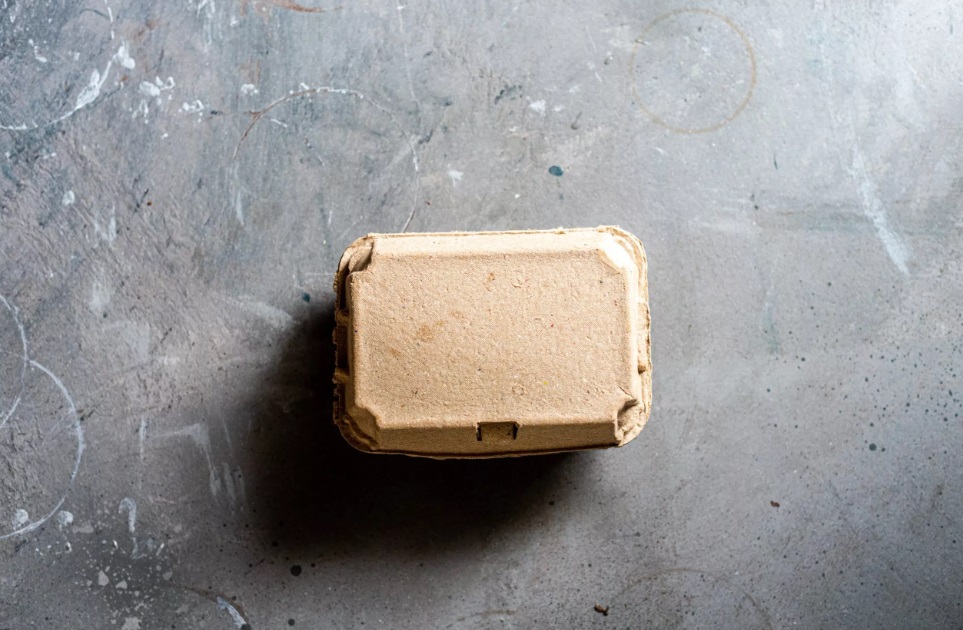
On the other hand, plastic egg cartons and plastic egg containers are generally not recyclable due to challenges in recycling infrastructure and their composition. Styrofoam cartons, which are often made from expanded polystyrene (EPS), are particularly problematic as they are difficult to recycle efficiently.
Nutrient-rich compost. When old egg cartons decompose, they release valuable organic matter into the soil. They provide carbon-rich material in the carbon-nitrogen compost mix, balancing the compost pile and compost heap and aiding in decomposition.
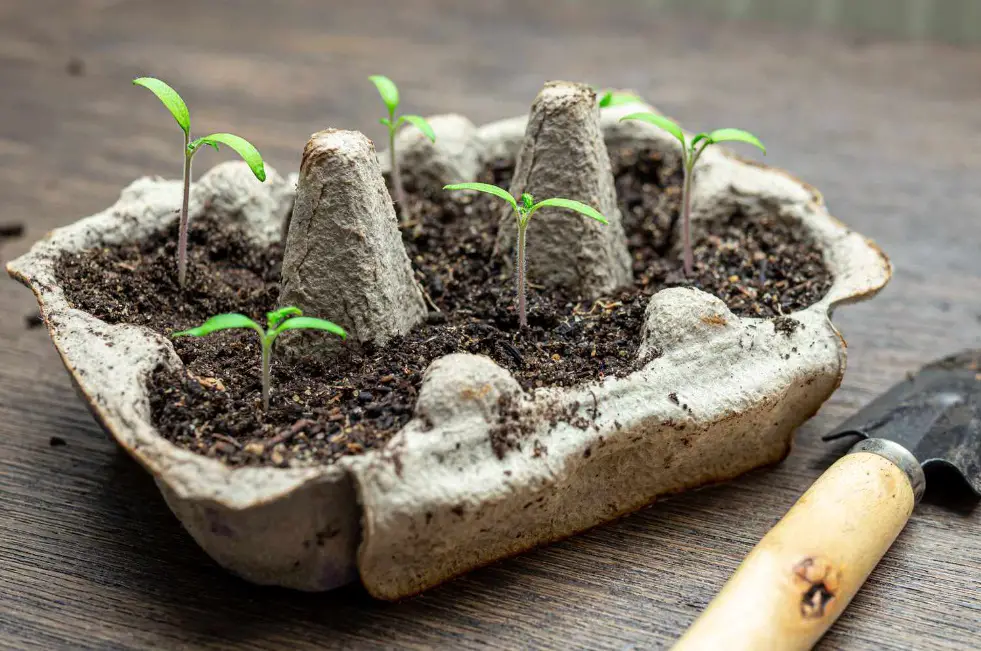
Reduced waste. Individuals can actively participate in material and food waste reduction efforts by composting egg cartons.
Instead of contributing to the mounting problem of plastic waste, these cartons can be composted along with other organic materials, closing the loop and minimizing landfill waste.
Versatile use. Reusing egg cartons. Composting old egg cartons has a wide range of applications beyond just storing eggs.
They can be used for seed starters with potting soil to start seedlings, egg cups, as planters for small herbs or succulents, or even as packaging material for delicate items.
This versatility makes an egg carton a valuable resource in sustainable gardening and packaging practices.
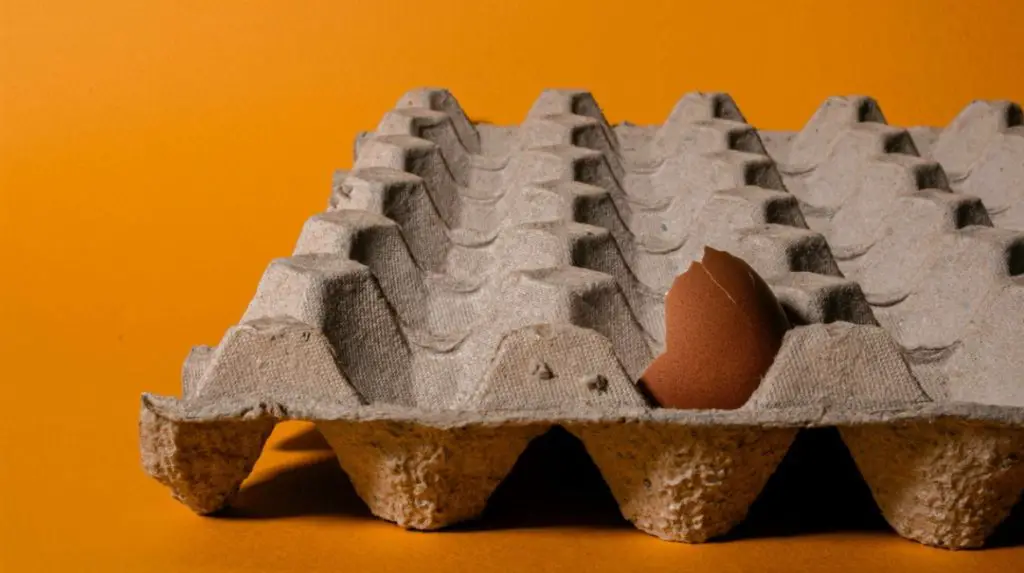
Are paper egg cartons biodegradable?
When it comes to reducing waste, answer yourself a question: Are egg cartons compostable?
Paper, in particular, makes paper egg cartons biodegradable and can break down naturally in a compost bin over time, making them an environmentally friendly option.
Are cardboard egg cartons recyclable?
Cardboard as a material makes cardboard egg cartons recyclable.
Also, remember, that composting not only diverts food waste and other organic materials from landfills but also produces nutrient-rich compost in a compost bin that can be used to enrich potting soil and nourish plants.
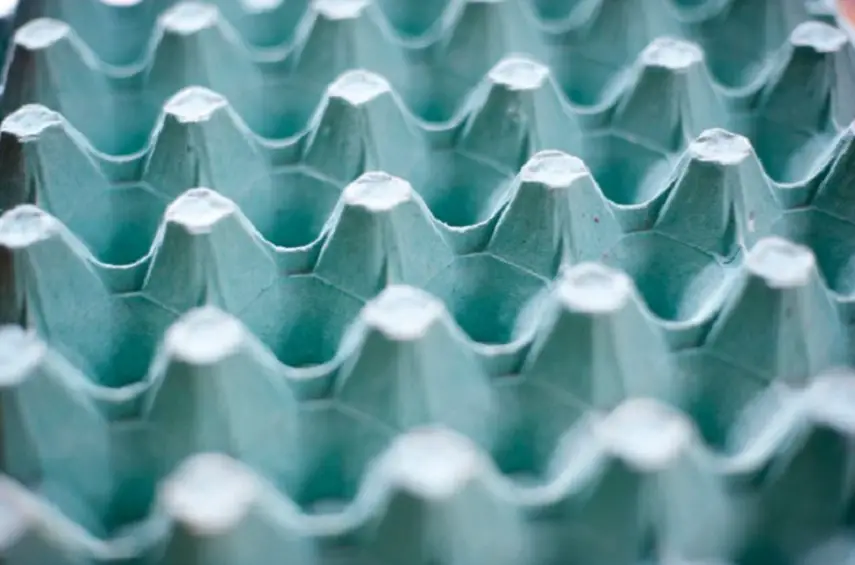
Are plastic egg containers recyclable?
Plastic usually makes plastic egg containers recyclable, but you need to carefully look for the type of material which is used.
Other materials would be rather hard to recycle. Recycled plastic can be used again.
How to compost old egg cartons
Soaking and shredding. Before composting, it is recommended to soak the egg cartons in water to help break them down more easily.
Once softened, they can be shredded into small pieces with a box cutter, increasing their surface area and facilitating decomposition. Instead of shredding them into small pieces, you can also poke small holes in them.
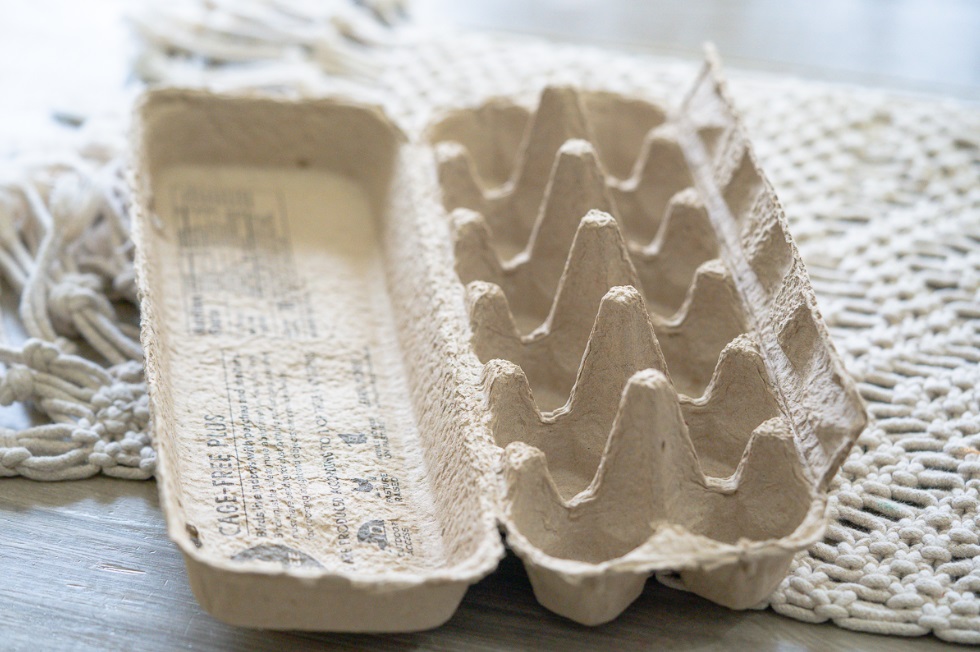
Mix with organic waste. The egg carton should be mixed with other organic waste materials, such as vegetable scraps, yard trimmings, or coffee grounds.
This mixture provides a balanced carbon-to-nitrogen ratio, ensuring optimal conditions for composting. Do not use dairy products — their place is in the recycling bin.
Layering and turning. When creating a compost pile, it’s essential to alternate layers of cartons with other organic matter. Regularly turning the compost pile helps aerate it, promoting decomposition and preventing unpleasant odors.
Moisture and temperature control. To facilitate microbial activity, piles should be kept moist, but not overly saturated.
Additionally, monitoring the temperature of the pile is crucial, as it affects the speed of decomposition. Ideally, the pile should reach temperatures between 110-160°F (43-71°C) for optimal breakdown.
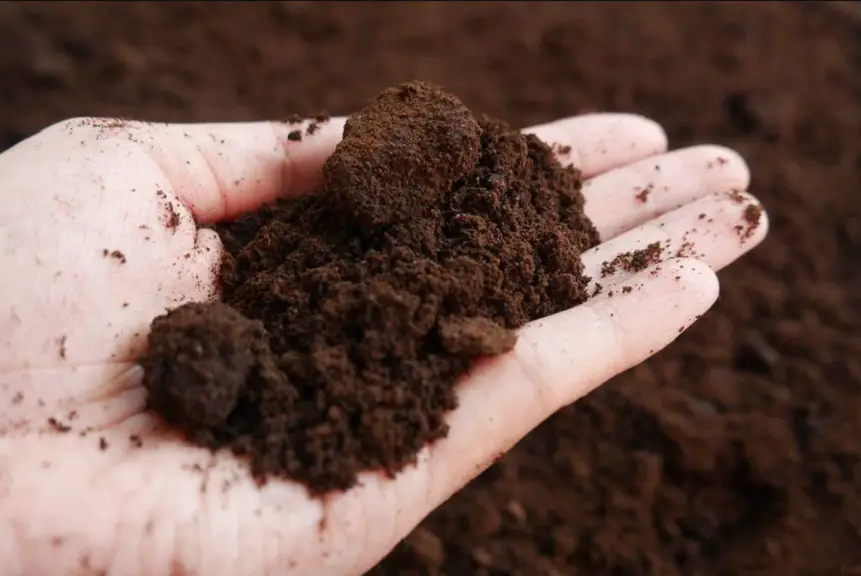
Patience and time. Composting is a natural process that takes time. Depending on various factors such as temperature, moisture, and the composition of the compost pile, it can take several months to a year for the cartons to fully decompose.
Regular monitoring and maintenance of the compost pile will help ensure successful composting.
Compost egg cartons vs. traditional cartons
Environmental impact. Traditional cartons, often made from plastic or foam, contribute to the growing problem of non-biodegradable waste.
In contrast, compost egg cartons have a significantly lower environmental impact as they are made from renewable and biodegradable materials.
Resource conservation. The production of these cartons requires fewer resources compared to traditional cartons. By using recycled paper pulp, fewer trees are harvested, reducing deforestation and preserving natural habitats.

Consumer perception. With the increasing awareness of environmental issues, consumers are more inclined to support businesses that prioritize sustainability.
Regulatory compliance. In some regions, there are restrictions on the use of non-compostable packaging materials. By adopting this type of egg carton, businesses can ensure compliance with environmental regulations and avoid potential penalties.
FAQ
We are glad to answer the questions, related to the topic “Can you compost egg cartons?”
Can I compost colored egg cartons?
Yes, you can compost a colored carton for eggs. The color dyes used on this carton for eggs are typically non-toxic and won’t significantly impact the composting process.
Are egg cartons green or brown compost?
A carton of eggs, regardless of their color, is considered brown compost. In composting terminology, “green” refers to nitrogen-rich materials like grass clippings or food scraps, while “brown” refers to carbon-rich materials like dried leaves, straw, or paper products.
Can you put egg cartons in the recycle bin?
In some areas, certain types of a carton for eggs, such as those made from cardboard or paper, can be recycled. However, cartons made from plastic or foam are generally not recyclable and should be disposed of in the regular trash.
Why are egg cartons not recyclable?
Carton for eggs is often no longer recyclable due to a few reasons. Firstly, some cartons, particularly those made from foam or expanded polystyrene (EPS), have limited recycling options because the recycling infrastructure may not accept them.
Can you compost whole eggs? You can find this info on our website. To learn more please make sure to click on the link.
Conclusion
Composting an egg carton offers a sustainable alternative to traditional packaging materials, contributing to waste reduction efforts and promoting a greener future.
Their biodegradability, nutrient-rich composting capabilities, and versatile applications make them a valuable resource for individuals, businesses, and gardening enthusiasts alike.
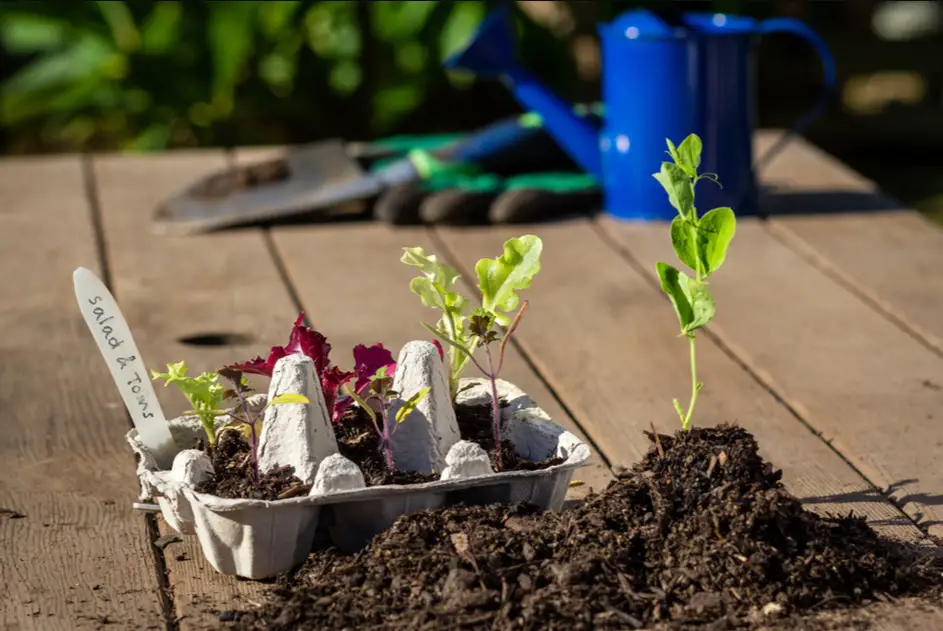
By embracing composting an egg carton, or making it recycled, we can take a significant step toward reducing our environmental footprint and fostering a more sustainable world.
